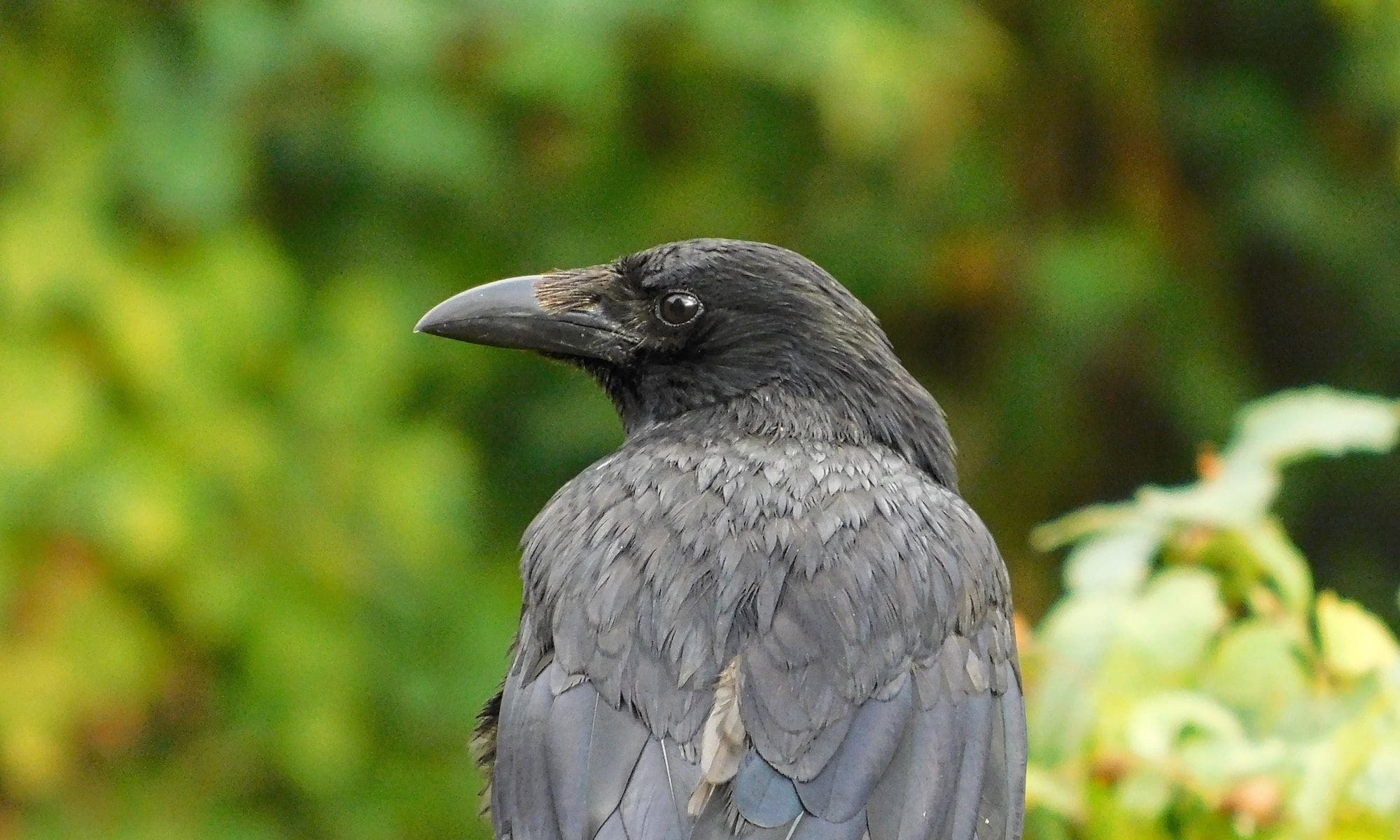Editor's note: An updated and republished version of this blog post is available by following the link below.
Wild Animal Suffering (Republished)
Many people have a naive and rosy view regarding the kind of lives animals are living in the wild. Some of those people strongly believe, and this includes even sometimes wildlife rescuers and rehabbers, conservationists and people, who think of themselves as nature or animal lovers, that non-human animals living in the wild live in some kind of paradise. However, nothing could be further from the truth. Animals living in the wild live lives that are far from idyllic, and most of them have to deal with the reality of constant threat of tremendous suffering. Although many people accept the fact that animals experience suffering, the willingness to help, to minimise or eliminate suffering, remains rather an exceptional act of kindness. Also, for reasons remaining mostly unclear, many people assume that wild animals do cope better with suffering than domestic animals or our beloved pets. However, there is no reason or scientific foundation for this assumption. 1
Continue reading “Wild Animal Suffering”





